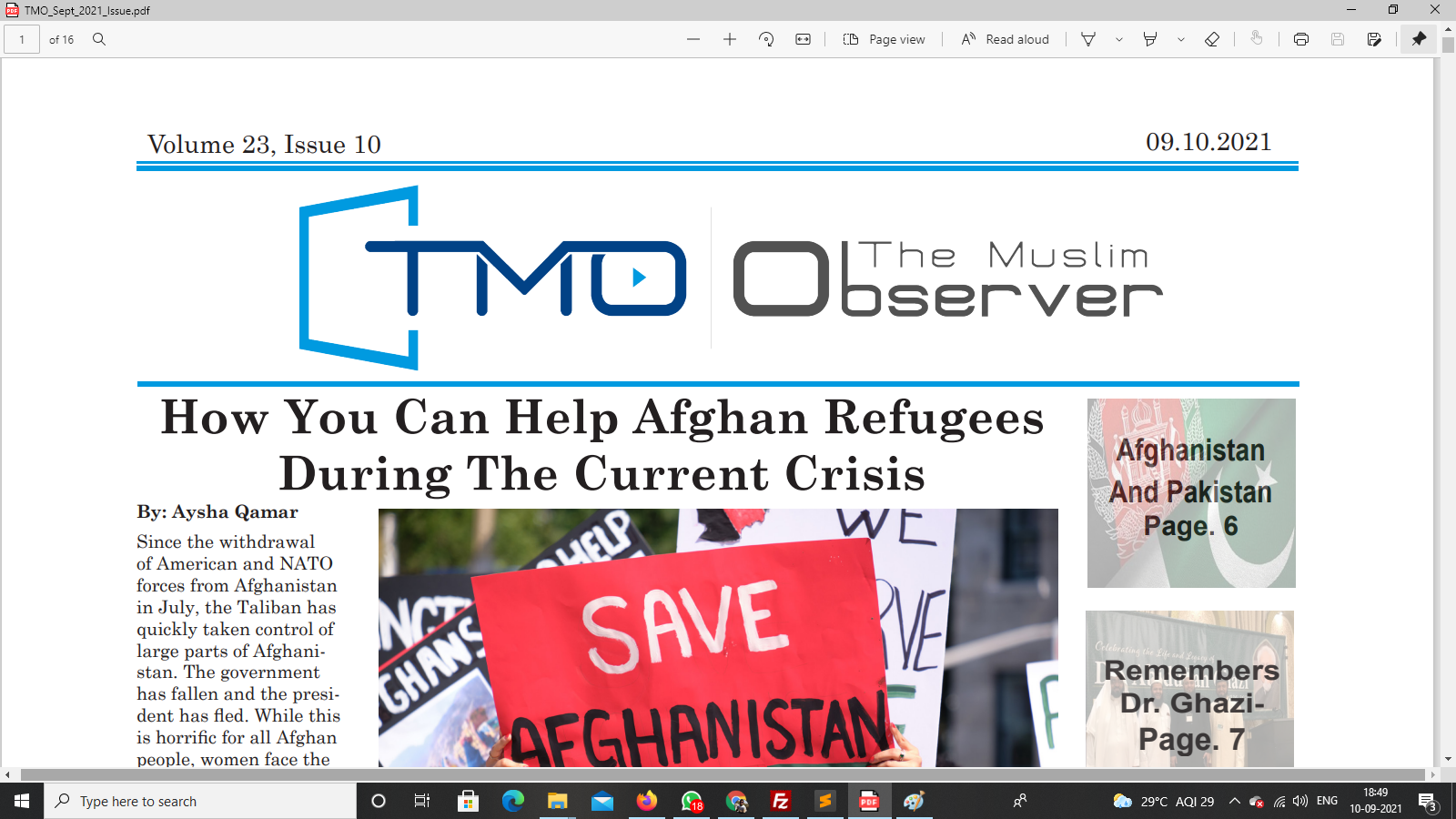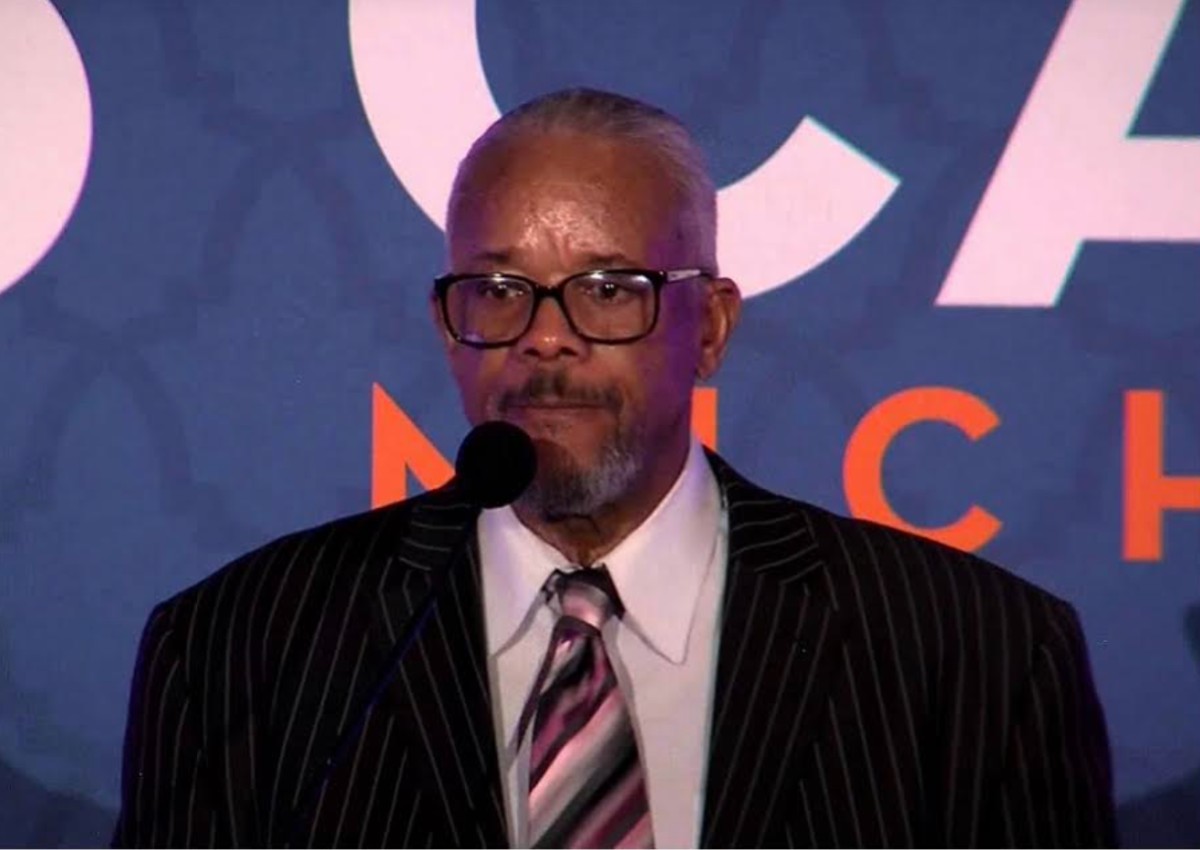Op Ed: Rationality and Quran
By Aiman Parvez
We have been sent down to earth to utilize this time to train ourselves into a totally submitting one to the Divine Command. The quality of life there is very much dependent on our actions here. Righteous deeds are a foundational step in qualifying for Jannat. Emphasizing how critical the right approach in life is, in Aayat 20:125-126 we see:

You had the wrong attitude and you never cared to fix it and that lead to you ignoring our laws (your “self” didn’t grow) and hence you don’t qualify to be in Jannat.
If we are not open to being questioned, not open to self-introspection, not willing to revisit established ideas and evaluate them against Quranic principles, are stubborn and not able to consider other’s point of view then we are leaving no room for growth for ourselves. The condition of no growth (stagnation) is defined as Jaheem by the Quran. Word Jahannam shares the same root.
Our life on earth determines the quality of our life in the hereafter. Any deficiencies developed have to be handled in this life only and the best way to “watch your six” is to live by Quran’s directives. Quran contains a wholesome plan of development for each aspect of one’s personality.
We don’t have to worry about addressing thousand different growth avenues, we can focus on one thing and reap the rewards of wholesome growth. I see our “self” like a tree which we want to keep healthy. One excruciating way might be to check every leaf (just imagine how many leaves are there on a healthy tree) and make effort toward ensuring that it’s green and healthy. The other approach is to listen to an expert who has all the knowledge, who says just focus on this one thing–nurture it properly as per botanical laws. Similarly, if we nurture ourselves with Quranic guidance, everything else would be taken care of by it.
Another incident from the Quran where it’s shown how one’s attitude in life can make all the difference between Eiman and otherwise is 20:70

Taj-ul-Uroos says it means such things whose origin is such that it becomes difficult to separate fact from fiction. It is used for a deception of a sort that one cannot find out how the deception has been made. Later this word started meaning commonly used techniques of cheating and deception {Ibn Qatebah}
(Muheet and Taj-ul-Uroos both are well known authoritative Arabic Dictionaries)
The majority of the translations use the word sorcerer, I am refraining from using it as it has a connotation of magic which is not only against the fundamentals of the Quran – which emphasizes finding answers and lays down laws for everything but also suggest that prophet Moses was a sorcerer too, which is simply unjust to the grand stature of a prophet.
The opposition of Moses was representing the unjust system of Pharoah and in order to make it appear constructive in front of the public they presented their case in such a manner that could deceive people in to supporting it and turn against Moses (in reality Pharoah’s system was responsible for subjugating the Jews, killing any person with potential and leaving the “status quo” supporters alive. This system had destroyed the community from the very roots). Moses then by the support of Allah presented counter-argument in such a cogent manner that the opposition in spite of being flag bearers of the falsehood saw the value and submitted to Allah.
This tells us that Moses’ opposition was educated in the true sense. In spite of being the best of their times, they did admit to the limitations of their argument and accepted that Moses’ argument is better and they accepted Islam. This shows that you need to be always open to listen to new ideas and ponder over them, test them against the permanent values given in the Quran. As no one ever is 100% perfect, this attitude would always help you become a better human which in turn will make you a better Muslim.
Another takeaway point from this Aayat is the rational approach with which Moses presented his argument. God doesn’t expect us to accept anything blindly, even in the case of acquiring Eiman on Him He asks us to go and study nature both outside and inside of us and once our heart, mind and eyes are convinced then only profess Eiman.
10:101

He asks his messengers to present a cogent argument which appeals to the minds of people and anyone who has the right mindset to listen and ponder rationally would certainly see the benefits in His plan and would acquire Eiman (become a believer).
Quran asks us to approach it with an open mind and without any backpacks. Every individual has baggage depending on his culture, upbringing, life experiences, etc.
When we reach out to Quran to understand the message of God we need to approach it like a clean slate and take every directive it presents with no pre-conceived notion. We must remember that this book is the ultimate source of truth. It’s plausible that Quran challenges our long-standing misunderstood beliefs or beliefs which were not even part of the Quran but made their way into our lives through our culture. It is in these situations that we need to make sure that we don’t ignore what Quran has to say, not like the above-mentioned people who didn’t reflect over it.
If we don’t have the right attitude to entertaining this challenge we are missing out on an opportunity to grow as a Muslim, as a human and are no different than people for whom God says they won’t listen irrespective of how well you explain
22:16

Quran encourages a logical bent of mind where one is encouraged to ask questions and seek answers. God, Himself asks humans to not follow blindly and apply their mind to get convinced and then gain a conviction on His laws.
Conviction on the unseen is a natural outcome of a rational mindset. With the correct approach, one can see the benefits of the plan proposed in the Quran and understand that these benefits might be away from our site right now but will certainly happen – if we live according to the Quran. This belief in the unseen which is a critical part of our Deen can only be attained if we analyze what’s given in Quran with an open and rational mind.
In conclusion, we can see how relevant a reasoning-based mindset is. Entering into Eiman starts with breaking the shackles of your baggage and approaching Quran with a clean mind. A mind which is eager to understand the message of God is open to entertaining ideas which are presented by the Quran and lead us to the right path of spending life in accordance with the Quran.





















2021
3,150 views
views
0
comments